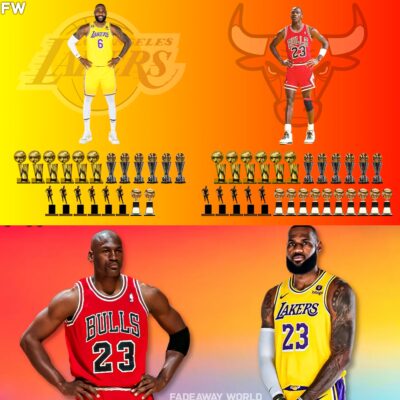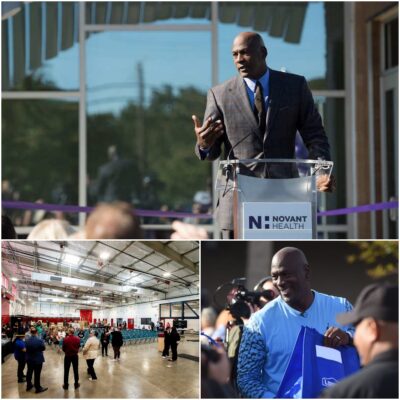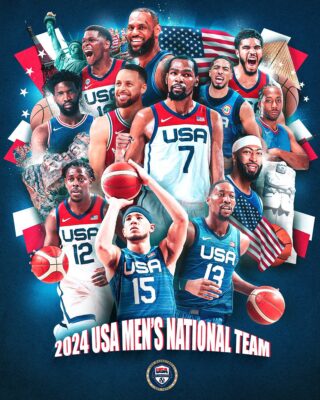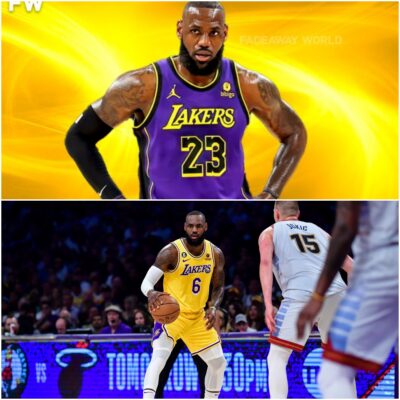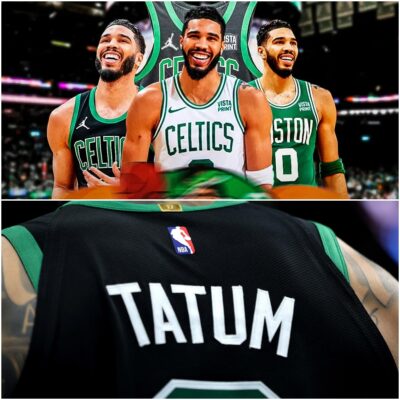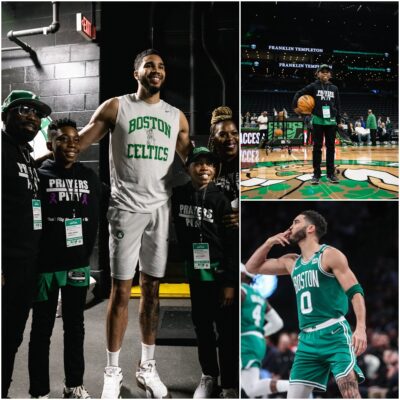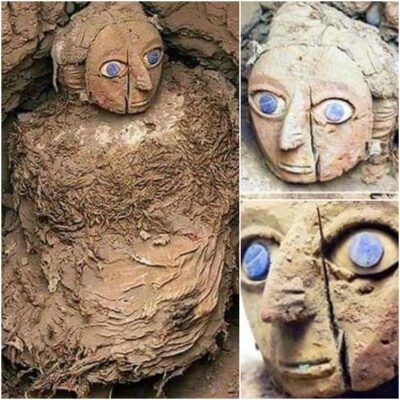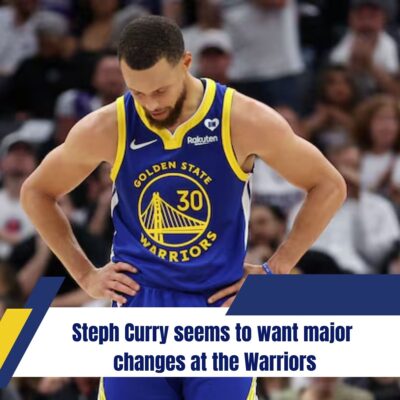Indians, whether rich, middle-class or poor, spend a lot on their weddings. Weddings in this country are usually held over several days and with countless guests. But the pandemic has become one of the factors affecting India’s estimated $14 billion bridal clothing market, with strict restrictions imposed on gatherings. After restrictions were lifted nationwide, weddings were “exploded” again.
Ravi Modi, the reclusive President and CEO of Vedant Fashion, India’s largest menswear retailer, has benefited from this trend.

The company recorded an 84% increase in revenue to 10.4 billion rupees ($138 million), with net profit more than doubling to 3.15 billion rupees for the year ended March 31, 2022. In the first three months of 2022, the company opened 17 stores, bringing the total to 595 stores across India. These stores have a total area of more than 102,000 m2 and now Vedant Fashion is planning to double the area in the next few years.
Modi, 45, listed his 23-year-old company in February 2022. The stock is up 12% since then with a market capitalization of $3 billion now. Modi was on the Forbes list of world billionaires in April this year with a fortune of $2.5 billion. The figure rose to $2.7 billion despite falling stock markets and a weaker rupee.

Ravi Modi, President and CEO of Vedant Fashion. Photo: Vedant Fashion
The founder’s career path: from 235 USD borrowed from his mother
Modi started working at his father’s clothing store when he was a teenager. At the age of 22, he decided to start his own company to mass-produce traditional Indian clothing at affordable prices, with a loan of 10,000 rupees ($235) from his mother in 1999.
Modi married early at the age of 21 and became a father a year later, named the company Vedant Fashions after his son, and positioned his apparel brand as Manyavar – symbolizing “strikingness” ” and “respect” in his native Hindi.
Over the next 20 years, he built his traditional fashion empire across 223 cities in India and expanded into the UAE and the US, targeting the Indian diaspora.
Currently, Manyavar is the largest brand in the menswear segment in terms of revenue and profit. In 2015, Modi took a risky move in the field of women’s clothing with the Mohey brand. In 2017, he acquired Mebaz, a traditional apparel brand popular in the southern states of Andhra Pradesh and Telangana.
Vedant Fashions doesn’t offer discounts and has added more brands to its portfolio: While Manyavar is a mid-priced brand, Twamev is a premium line and Manthan is for the mass market. The company has attracted famous Bollywood stars like Ranveer Singh and Alia Bhatt as brand ambassadors.
The company keeps a close eye on its profits. Modi’s son Vedant, who now works at the company as chief marketing officer, said in a recent conference call with analysts: “We have a strong growth trajectory with industry leading margins, profitability metrics and good cash generation.”

According to Mumbai-based analytics firm CRISIL, India’s traditional clothing market is expected to grow between 15% and 17% in the next three years to touch nearly 1.375 billion rupees ($18.3 billion) by 2025. Every year, 9.5 million to 10.5 million weddings are held in India with average daily budgets ranging from 1 million rupees ($13,000) to 2 million rupees ($26,000).
In a January report, Bharat Chhoda, research analyst at ICICI Securities, said that the increased number of weddings held will cause the market to expand further, making the possibility of franchising Vedant more likely. should be more convenient. And thanks to that, the “king of wedding dresses” of India will become even richer.
